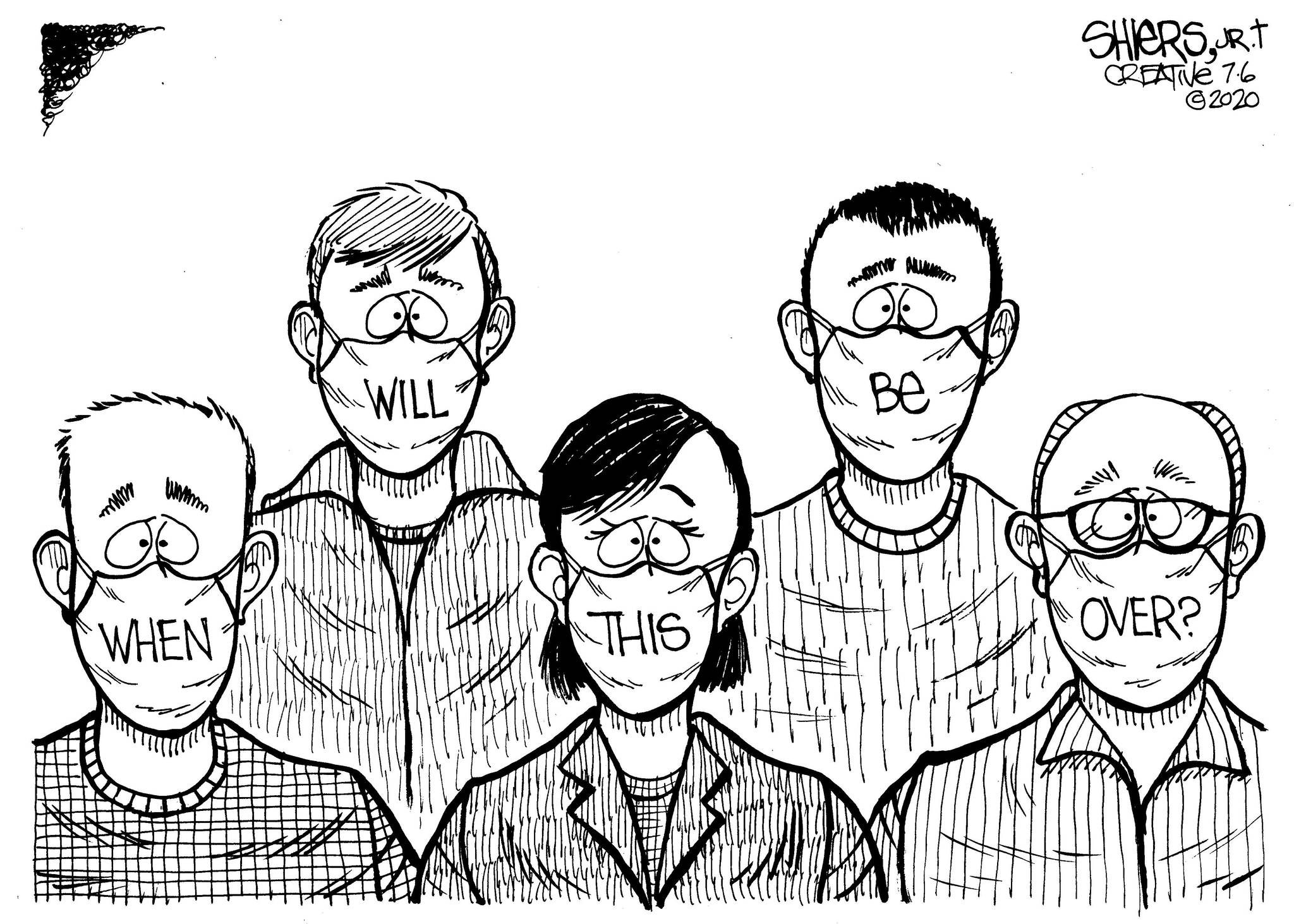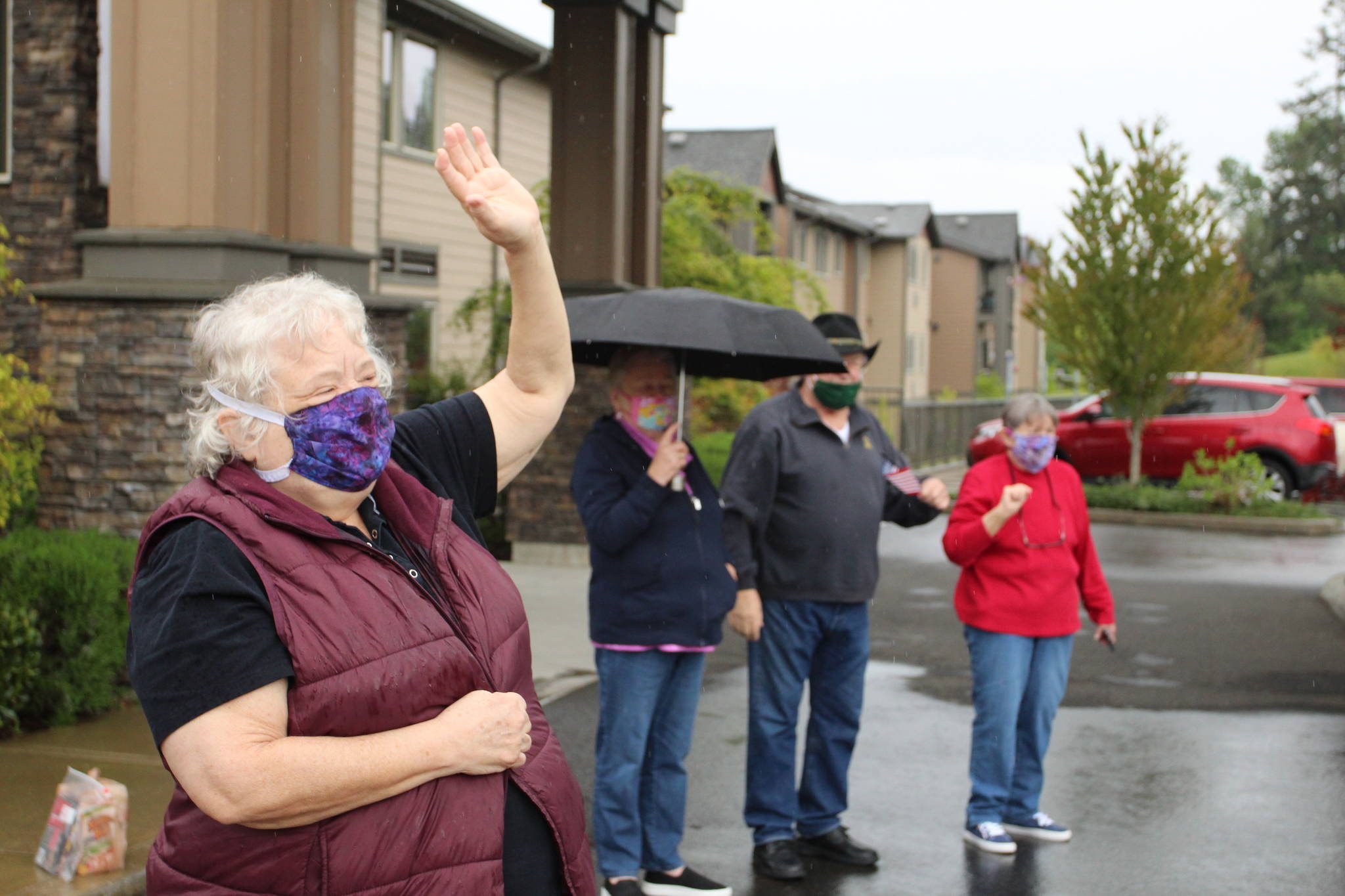Our Constitution says we are a government of laws, not men. The rule of law is more important than any one person. Presidents, governors, mayors and sheriffs come and go based on elections, but the law remains to guide the actions of our elected officials.
Recently 13 elected county sheriffs said they will ignore implementation of voter-approved I-1639 because they didn’t think it was constitutional, which places them at odds with their sworn oath to uphold the law and the Constitution. But is their opposition really more about the simple politics of reading voters’ preferences and getting re-elected?
A recent poll, taken both before and after the New Zealand shootings by the Associated Press-NORC Center for Public Affairs Research, found that 67% of voters want stricter gun laws, though more Democrats than Republicans have that view.
In passing I-1639 and taking the debate about guns out of the hands of politicians who were afraid to do anything, and making the decision for them by approving reasonable elements of the gun debate, voters took control. The law was passed by almost 60% of the voters statewide and is not an overreaction, but thoughtful and reasonable. The law only adds requirements to be 21 years of age to buy a semi-automatic assault-type rifle, establishes a 10-day waiting period, requires more thorough background checks for those who might be a danger to themselves and others, and holds gun owners accountable for their weapons.
It does not change the Second Amendment. But to some, anything that changes their interpretation of the status quo is unacceptable.
The debate over guns has raged for years. The National Rifle Association has always been able to keep any changes bottled up until the public temporarily moves on, only to return after the next tragic school or mall shooting. Unfortunately we can now add churches and houses of worship to that list.
Our Constitution makes it clear that no one is above the law. No one person, no matter their title, gets to decide which laws will be followed and which won’t. While the origin of that view was likely the King of England, the concept captures the idea that we are all created equal. Laws are passed by the people we elect to national, state and local legislative bodies.
Sheriffs are the instrument by which the laws are enforced, and they are not the law unto themselves. Some have said they will enforce the background checks, while not specifically saying what they oppose in the new law. The sheriff of Klickitat County, Bob Songer, said in the Seattle Times: “I follow the rule of law when I believe it’s constitutional.”
That statement implies he has a choice on which laws he enforces. He doesn’t.
Though most of the law does not take effect until July, sheriffs like most politicians want to be re-elected, and they listen to their constituents. The 13 sheriffs’ intent is to just ignore the law, as many of their voters would like. They are mostly from rural counties where the proposition was not viewed favorably — where guns are more visible and more a part of everyday life than we find in our urban setting.
But passage of a law by the voters is not subject to denial because your voters disagree or you want to get re-elected.
Gov. Jay Inslee and Attorney General Bob Ferguson have stepped in and sent letters to gun dealers in the 13 counties reminding them of the law and their responsibility to follow the new law unless or until a court changes it. An appeal has been filed. Relying on the interpretation of the local sheriff is unlikely to be a good defense for a gun dealer if a violation occurs. This is the third letter sent by the attorney general. One letter answered interpretation questions and another reminded sheriffs of their legal obligations.
These steps should not be necessary. The voters have spoken and the sheriffs need to set the stage to follow their oath of office, and enforce the law, while leaving its legal interpretation to the courts. In the same Seattle Times article, Spokane County Sheriff Ozzie Knezovich suggested the sheriffs were “grandstanding,”which would fit the political election narrative. Residents in those 13 counties may naively want to keep their sheriff based on the sheriff’s view of I-1639. But this is dangerous territory for a country of laws, not men.
What happens if the local sheriff decides he doesn’t like another law the voters pass?
Federal Way resident Bob Roegner is a former mayor of Auburn. Contact bjroegner@comcast.net.








